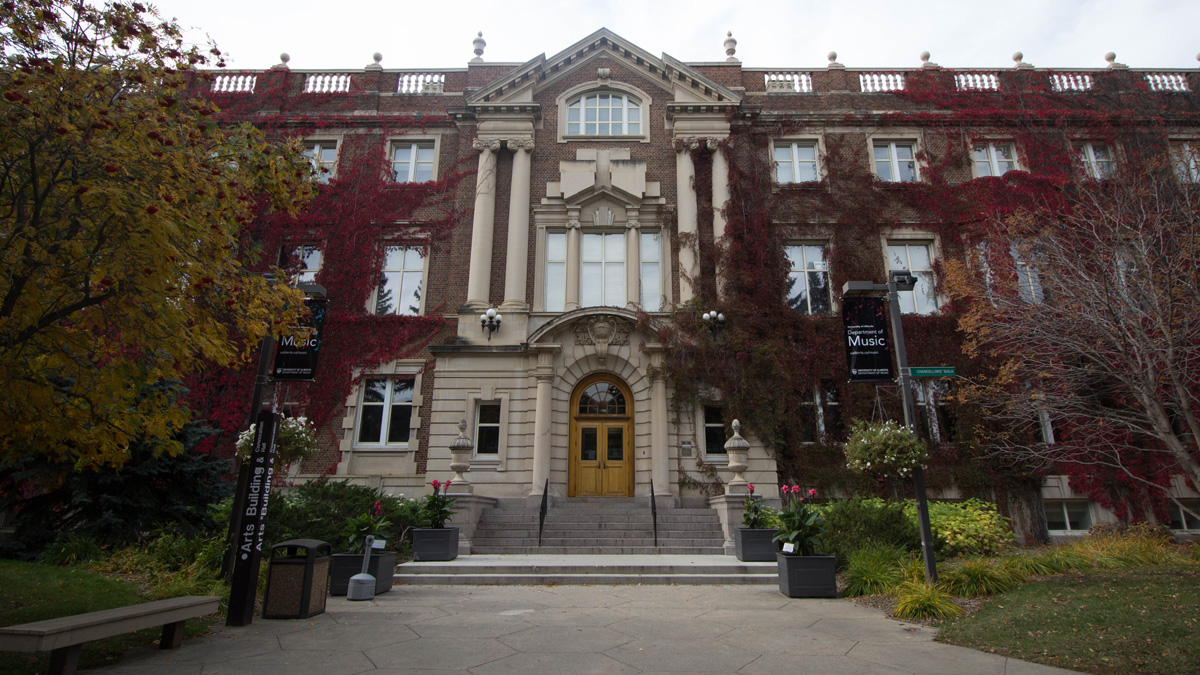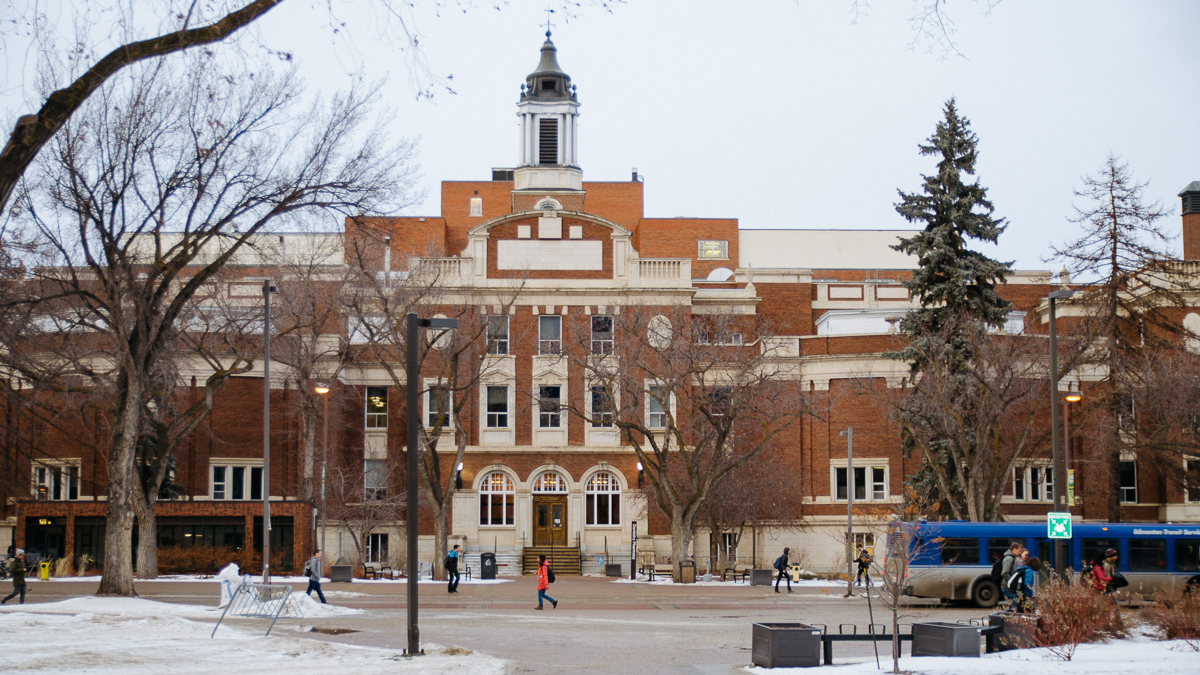Arts students discuss proposed fee at town hall
 Jonah Angeles
Jonah AngelesA small but record-breaking number of arts students attended a meeting about their newly proposed faculty membership association fee (FAMF).
Ben Angus, the Organization for Arts Students and Interdisciplinary Studies (OASIS) president, and Azhan Esmail, OASIS vice-president (finance), held a town hall on January 17 to discuss the proposed opt-outable $2.50 per semester fee with students. Excluding students from The Gateway, Students’ Council, and OASIS, 10 students were present, in what they said was an all-time high attendance for an OASIS town hall. The meeting consisted of an explanation of the fee and was followed by questions and feedback from attendees.
If passed, the fee would be charged from Fall 2018 until the end of Winter term in 2020. According to Angus and Esmail, the fee would bring in approximately $27,500 in new funding to the yearly OASIS budget. Of the funding, 50 per cent would be allocated to student grants, 30 per cent to student outreach through subsidizing of events like the Arts Gala and Arts Con, and 20 per cent would be used to create an OASIS student discount card. According to Angus, the fee would affect approximately 5,500 students.
“We had more grant applications than we had revenue for the year,” Esmail said. “We had to be stingy cause we just couldn’t give what everyone wanted … hopefully with this FAMF we’ll be able to help these groups.”
During the town hall, arts councilor Alannah Piasecki asked how OASIS would have students indicate their reasons for opting-out and whether they would need to provide proof of financial need. Angus said students would fill out a form indicating whether they were opting out for personal or financial reasons. Those who opt-out for financial reasons would still be eligible for individual grants, but those who opt-out for personal reasons would not. Financial need would not need to be verified.
In response to feedback from their presentation at Students’ Council on the FAMF, Angus said OASIS is reworking its general council structure to make participation easier. The reworked council and an establishment of a granting committee are designed to increase financial accountability. They said they plan to complete the restructuring process before reading week.
Third-year political science student Micah Leonida expressed concern that not all departments in the faculty are currently aware of the proposed fee. She recommended that since not all departments have department associations to communicate with, OASIS should reach out to departments directly as well.
“(With) departments that don’t have (departmental associations), how are they going to be involved if there isn’t the basis for students to do anything?” Leonida asked.
Fourth-year political science student and The Gateway editor Oumar Salifou asked if OASIS had received any criticism about the fee during student consultation. Angus said most criticism they received from their student survey was directed at OASIS’ organizational structure, not the fee itself. Some students in the survey also expressed frustration with not knowing where OASIS money was currently being allocated.
“Students aren’t going to want to give money if they don’t know where it’s going originally,” Angus said. “I do think that those are very legitimate critiques and it’s something we are aware of.”
Angus said that campaigning for the fee will begin in the upcoming weeks in anticipation of a March referendum.




